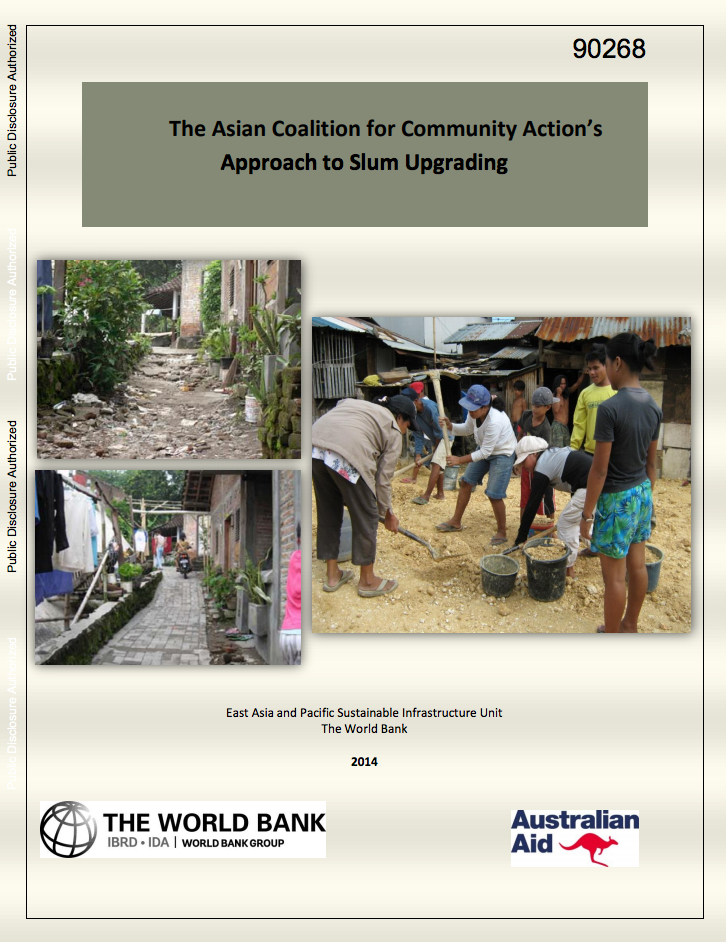Guinea-Bissau Country Economic Memorandum : Terra Ranca! A Fresh Start, Summary
After decades of turmoil and
instability, a period of calm and progress evolved in
Guinea-Bissau in 2009. A military coup in April 2012
interrupted it. A fresh start is needed to alter the
dynamics that kept Guinea-Bissau poor. In 2013, Gross
National Income per capita was US$590. Average economic
growth barely kept pace with population growth. In 2010,
poverty at the national poverty line of US$2 a day was 70


